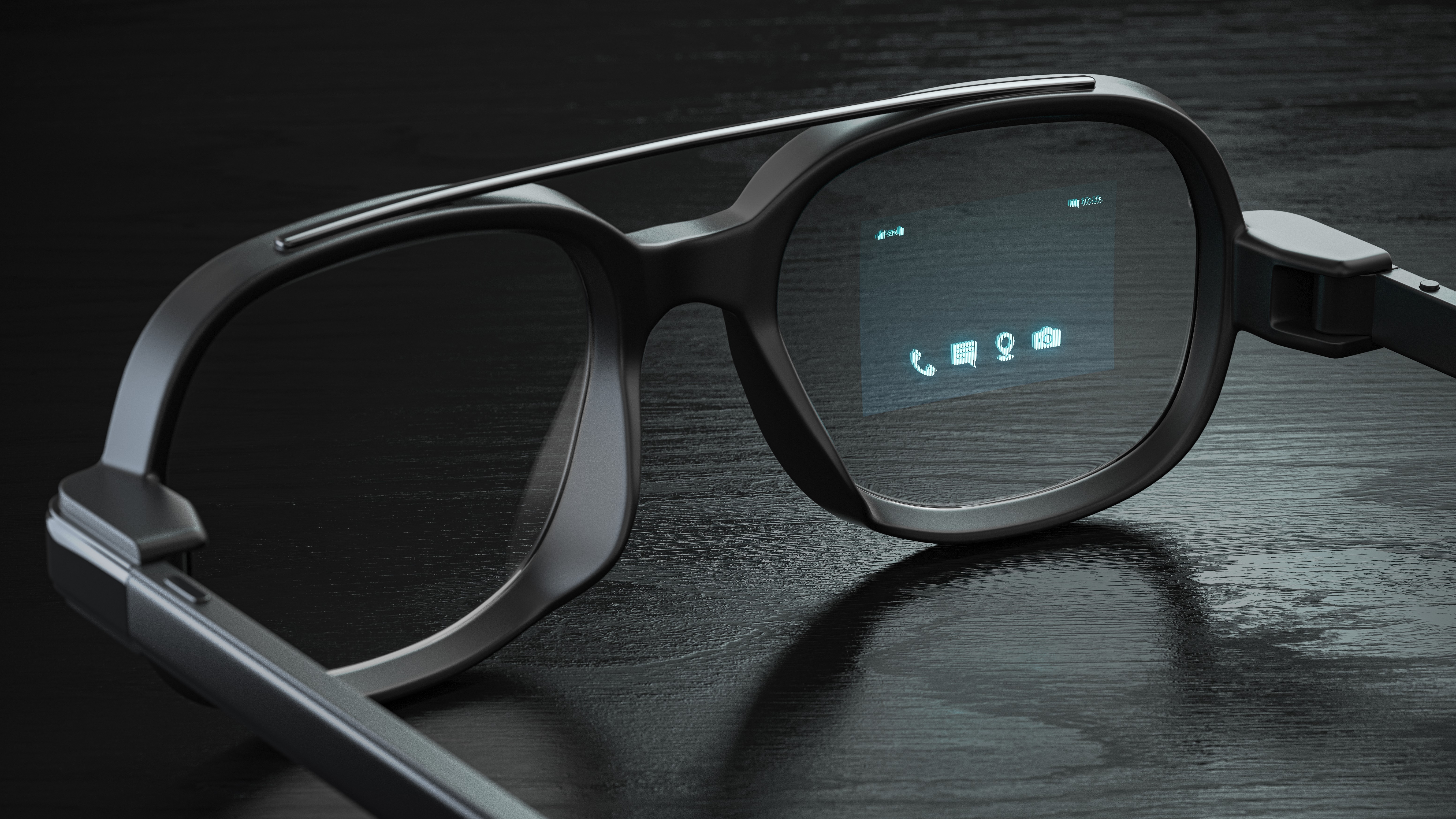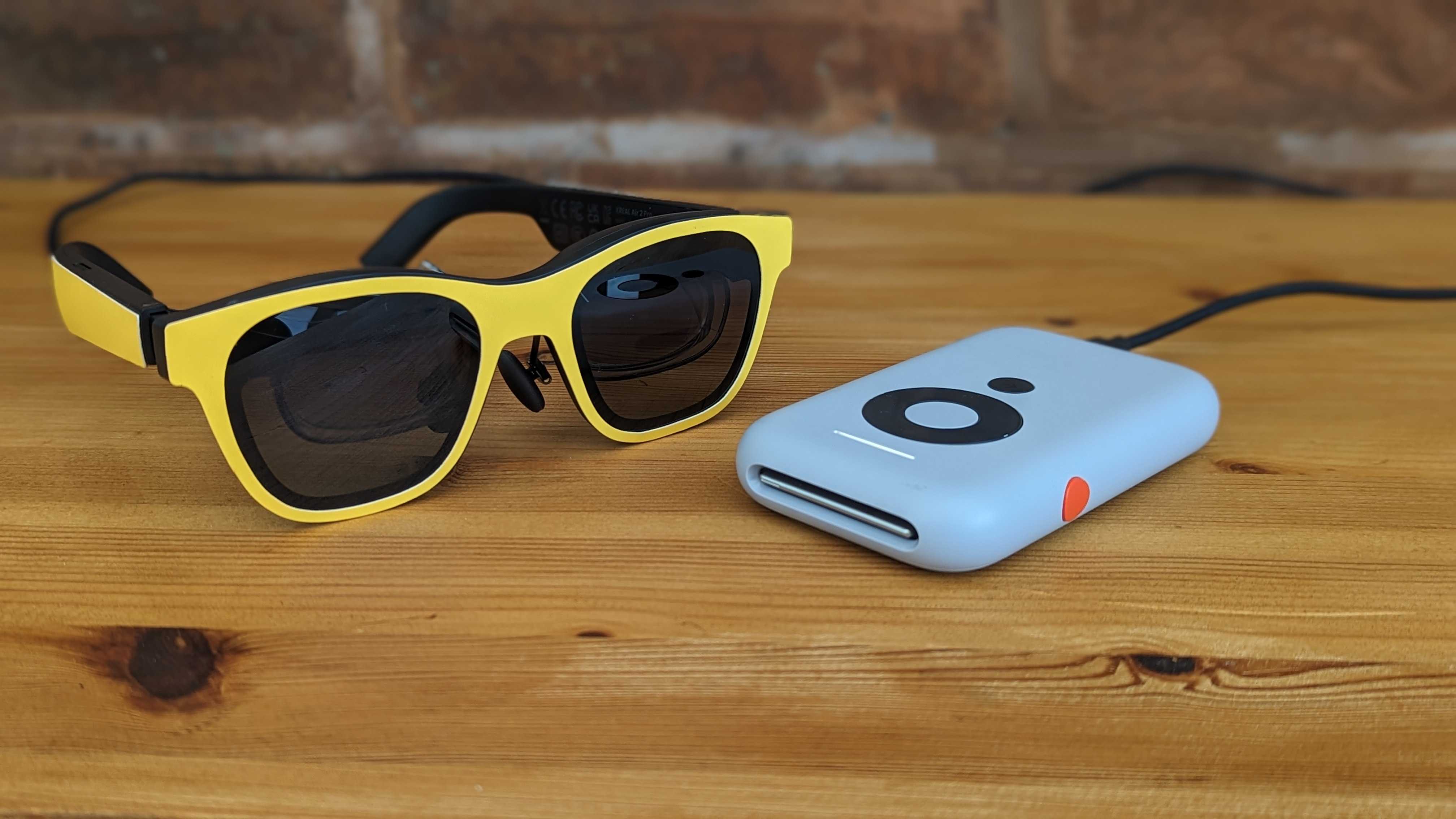
Samsung has seemingly confirmed that its XR hardware was delayed after all, but simultaneously revealed that its long-awaited VR/AR device will still land “in the future” – with its inclusion in Samsung’s 2025 outlook suggesting a launch sometime next year. However recent comments have us convinced the headset is dead and the rumored gadget will be a pair of simple AR specs instead.
Initially, it was rumored the South Korean tech giant was working on a Samsung XR headset – something like the Meta Quest 3 or (perhaps more appropriately) the high-end Apple Vision Pro. This project faced two setbacks – reportedly because of the Vision Pro. Once from the hype around the Apple headset scaring Samsung into rethinking the project, and again following the eventual unpopularity of the headset, showing that chasing the Vision Pro might not have been a smart move.
More recently there’s been talk around Samsung AR glasses. It’s been unclear if these specs will launch as well as the headset (perhaps a little later to compete with the Meta Orion AR glasses) or if they’ll launch instead of the XR headset – however, conversations are pointing toward the latter.
When talking about the Samsung and Google XR device back in September, Qualcomm CEO Cristian Amon, (who is also collaborating on the project) said that the product would make consumers rethink their relationship with their smartphone, and make everyone with a phone “go buy companion glasses to go along with it.” Amon didn’t outright say the Samsung device is a set of companion glasses, but it certainly sounds like that’s the sort of tech Samsung is teeing up.

Then there’s the general popularity of smart glasses – like the Ray-Ban Meta specs – and the accessibility of mixed reality compared to the more isolating VR. The industry trend seems to be pushing towards these more casual wearables rather than a full-on headset, so Samsung would likely want to adapt.
Samsung Glasses also make a lot of sense from a business perspective. The likes of the Xreal Air 2 glasses and non-AR Meta Ray-Bans are very reliant on smartphones (especially the former) – something Samsung is very well known for.
What we want to see
So if Samsung is launching AR companion glasses, what should we expect?
Well ideally, it’ll opt for something wireless. The wired Xreal specs are fine, but their lack of an internal battery means they have to rely solely on the device they’re connected to – and they drain the charge very fast.
They’re not really ideal for using if you’ll be traveling away from a reliable plug socket (or don’t have a Beam Pro add-on), but an internal battery would mean the Samsung glasses could power themselves and not leave with a phone on 0% – albeit at the cost of some added weight.
We’re also expecting 4K screens. This depends how Samsung implements the AR aspect of its specs, but if it follows the design of Xreal’s glasses (and other similar companion glasses) then we’re hoping it’ll opt for 4K resolution instead of the industry standard full-HD. Our thinking here is that Samsung's display expertise (as demonstrated by its phones and stunning TVs) make us believe it might face public ridicule if it opts for merely an HD resolution – ridicule it might want to avoid.
Lastly, we want interactability. While some companion specs have started to include hand-tracking, most still don’t, but Samsung will want its specs to land in that former camp. Whether as a direct competitor or as something entirely different, Samsung’s first XR project will either way be seen as its Apple Vision Pro rival.
Much like how it needs 4K visuals, some level of interactability feels equally necessary, alongside unique AR apps or well-made ports of existing software that make the companion glasses feel like a necessary upgrade (and not simply a device for demonstration purposes).







